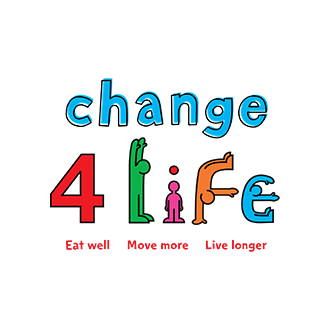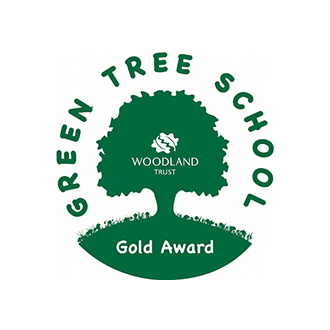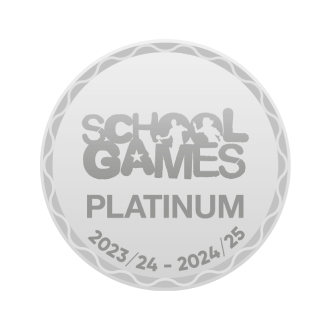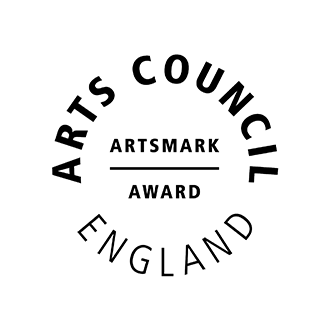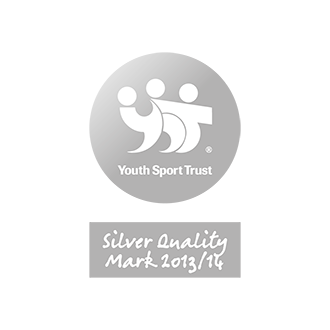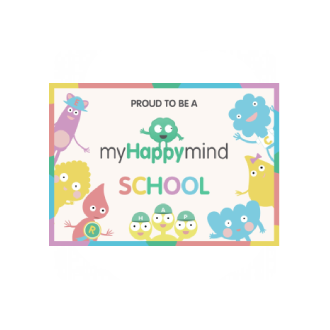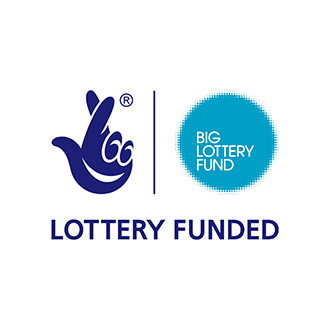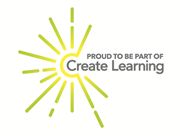Phonics and Reading Scheme
Early Reading and Phonics Intent
At Little Leigh Primary School, we are passionate about ensuring all pupils develop the skills to become confident, enthusiastic and passionate readers and writers. We believe that the teaching of reading is integral to a child’s understanding of the world around them. Every child will experience a rich reading environment, which is underpinned by quality first teaching of phonics; providing the foundations to support the development of reading and writing across the curriculum. Our Phonics approach is carefully sequenced to allow children to build the skills to segment, blend and decode words in order to become fluent readers.
These skills enable the pupils at Little Leigh to develop a passion towards reading, understand and read a variety of texts, acquire new knowledge and become lifelong readers.
Early Reading and Phonics Implementation
At Little Leigh Primary School, we endeavour to foster a love of reading from an early age. We ensure that reading is at the heart of the curriculum from Reception through to Year 6, allowing every child to access a variety of reading experiences including whole class shared reading, individual reading and class story times. Beginning in Reception, the children are immersed in a variety of texts across the curriculum, which supports their understanding of culture, vocabulary and knowledge of the world.
Phonics is taught daily in EYFS and KS1, through carefully planned and sequenced lessons. Previously learnt phonics knowledge is revisited throughout KS2.
Essential Letters and Sounds (ELS) is our chosen Phonics programme. The aim of ELS is ‘Getting all children to read well, quickly’. It teaches children to read by identifying the phonemes (the smallest unit of sound) and graphemes (the written version of the sound) within words and using these to read words.
Children begin learning Phonics at the very beginning of Reception and it is explicitly taught every day during a dedicated slot on the timetable. Children are given the knowledge and the skills to then apply this independently.
Throughout the day, children will use their growing Phonics knowledge to support them in other areas of the curriculum and will have many opportunities to practise their reading. This includes reading 1:1 with a member of staff, with a partner during paired reading and as a class.
Children continue daily Phonics lessons in Year 1 and further through the school to ensure all children become confident, fluent readers.
We follow the ELS progression and sequence. This allows our children to practise their existing phonic knowledge whilst building their understanding of the ‘code’ of our language GPCs (Grapheme Phoneme Correspondence). As a result, our children can tackle any unfamiliar words that they might discover.
Children experience the joy of books and language whilst rapidly acquiring the skills they need to become fluent independent readers and writers. ELS teaches relevant, useful and ambitious vocabulary to support each child’s journey to becoming fluent and independent readers.
We begin by teaching the single letter sounds before moving to digraphs ‘sh’ (two letters spelling one sound), trigraphs ‘igh’ (three letters spelling one sound) and quadgraphs ‘eigh’ (four letters spelling one sound).
We teach children to:
- Decode (read) by identifying each sound within a word and blending them together to read fluently
- Encode (write) by segmenting each sound to write words accurately.
The structure of ELS lessons allows children to know what is coming next, what they need to do, and how to achieve success. This makes it easier for children to learn the GPCs we are teaching (the alphabetic code) and how to apply this when reading.
ELS is designed on the principle that children should ‘keep up’ rather than ‘catch up’. Any child who is struggling with the new knowledge will be immediately provided with the appropriate support. Where further support is required, 1:1 interventions are used where needed. These interventions are short, specific and effective.
Please follow the link below to find out more information about Essential Letters and Sounds. Here you will find phase 2, 3 and 5 pronunciation videos.
https://essentiallettersandsounds.org/parents/
Reading Scheme
Across Reception and KS1, each week every child will recieve an Oxford Reading Tree book, that matches the progression of our phonics scheme. This book will allow the children to practise the sounds they have been learning that week in their phonics lessons. The children in Reception and KS1 will also choose a book from our reading corner to take home each week.
Further throughout the school, we provide Big Cat Collins reading books. This is complimented by a quality text by an author suitable for their stage of reading development.
Each day, there will be the opportunity to read and listen to a high quality text as a whole class. This may be a chapter book in KS1 and KS2, or a picture book in Reception and Year 1. This is a fantastic opportunity to read for pleasure, and enjoy exploring a new book together. The books will be selected carefully, appropriate for each age group and explore a variety of genres and authors.
Phonics Screening Check

